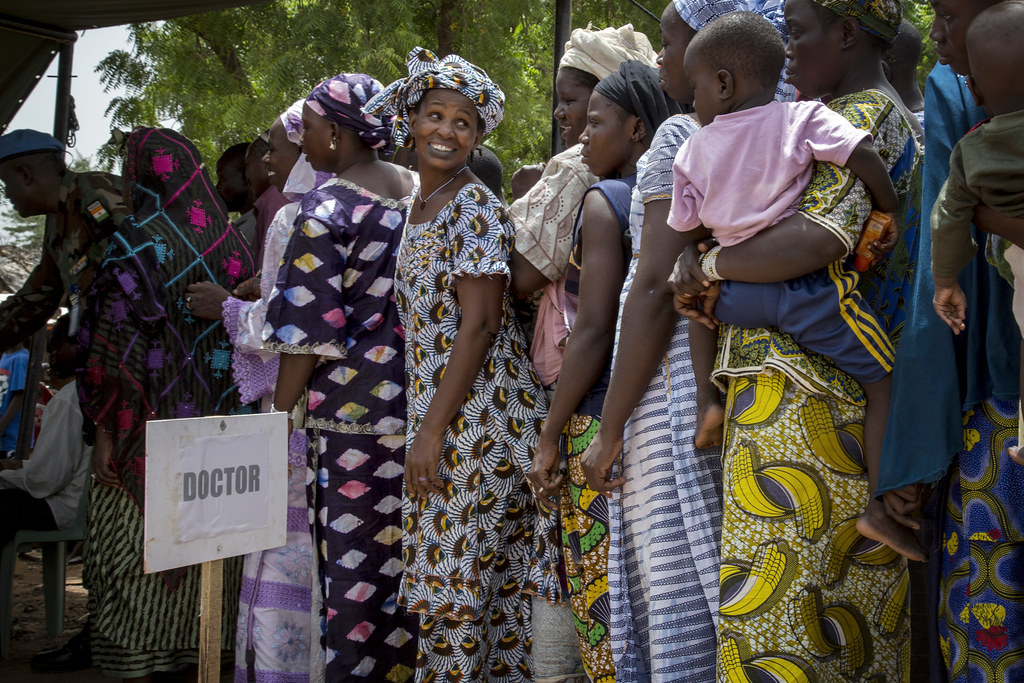-
GeneralGeneral
-
The Burden of Disease Homepage


Introduction
Learn about the major disease categories facing populations in Low- and Middle-Income Countries. You will explore the burden of disease within a population which includes the epidemiology of the disease, the relevant social and cultural determinants of health, and the evidence base which allows for the discussion and study of treatment, prevention, and control measures that will reduce the burden of disease.
The course is designed to help you:
- Assess the global burden and patterns of diseases in different countries and how they are changing over time.
- Identify some of the challenges in the prevention and control of major communicable and non-communicable diseases in resource-limited settings.
This course is an Open Access Course that has been adopted from Peoples-uni. It was further developed by NextGenU.org (NGU).
There are six (6) modules to complete, which include:
Module 1: Global Burden of Disease
Module 2: Communicable Diseases
Module 3: Non-Communicable Diseases
Module 4: Neglected Tropical Diseases
Module 5: Injury
Module 6: Mental IllnessApproximate time for completion of this course is 4 hours and 40 minutes at an average reading rate of 144 words/minute.
Engaging with this course
- To register for this course, complete the registration form. Begin the course with Module 1. For each lesson, read the description.
- Each lesson comprises introductory remarks. You can click on the collections of resources in each module.
- There is a final quiz to assess your understanding of some important concepts. Click on the hyperlinks to take you to these items in each topic.
Requirements to obtain the certificate
You may browse this course for free to learn for your personal enrichment. There are no requirements.
To obtain a certificate, a learner must successfully complete:
- All reading requirements
- The final exam with a minimum of 80% and a maximum of 3 attempts and
- The self and course evaluation forms
Subscribe to our newsletter to be notified of future updates, new courses, and to be part of our community.
-
Module 1: Global Burden of Disease
After completing this section, you should be able to access resources to allow you to explore the burden of disease in developing countries.
1 Page -
Module 2: Communicable Diseases
After completing this section, you should be able to appreciate some of the major features of communicable diseases in developing countries and some of the methods for prevention and control.
1 Page -
Module 3: Non-Communicable Diseases
After completing this section, you should be able to appreciate some of the major features of non-communicable diseases in developing countries and some of the methods for prevention and control.
1 Page -
Module 4: Neglected Tropical Diseases
After completing this section, you should be able to appreciate the existence of a group of diseases categorised as Neglected Tropical Diseases, and the extent of the burden on the population.
1 Page -
Module 5: Injury
After completing this section, you should be able to appreciate the burden and causes of injury in developing countries and some of the methods for prevention and control.
1 Page -
Module 6: Mental Illness
After completing this section, you should be able to appreciate the threats to mental health and the burden of disease in developing countries.
1 Page, 1 URL, 1 Forum -
Course and Self Evaluation & Certificate
 In this section, you can provide feedback about this course to help us make NextGenU.org better. Once evaluations are completed, you will be able to download your certificate of completion.
In this section, you can provide feedback about this course to help us make NextGenU.org better. Once evaluations are completed, you will be able to download your certificate of completion.Click here give your feedback
-
Finally: Reflect, Feedback, and Gain a Certificate
At the end of the course, please reflect on the overall lessons you have learned that may be of use.
If you have explored the resources in each section and completed the quiz, you are eligible to gain a certificate. Click on the Certificate logo below.

